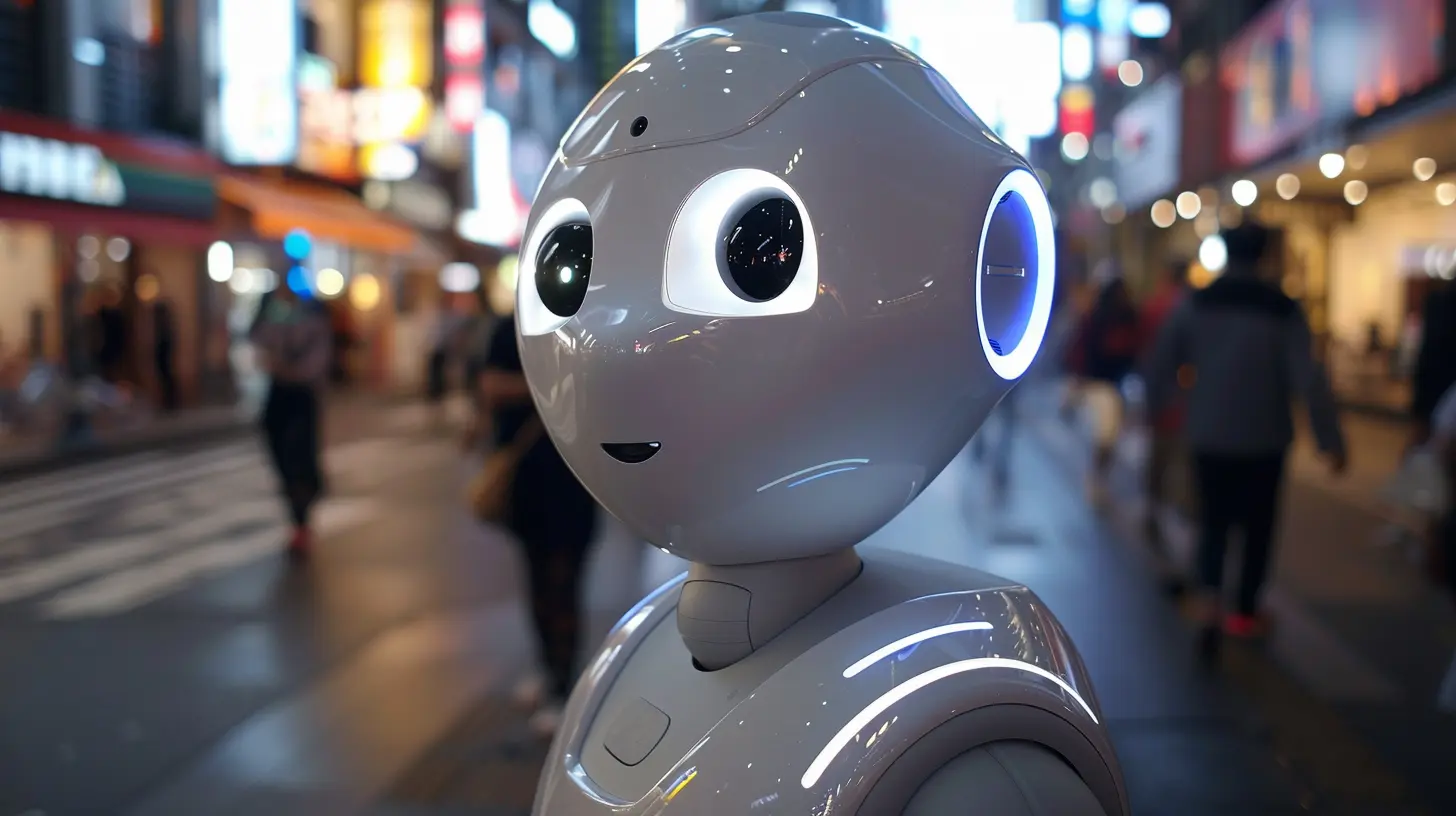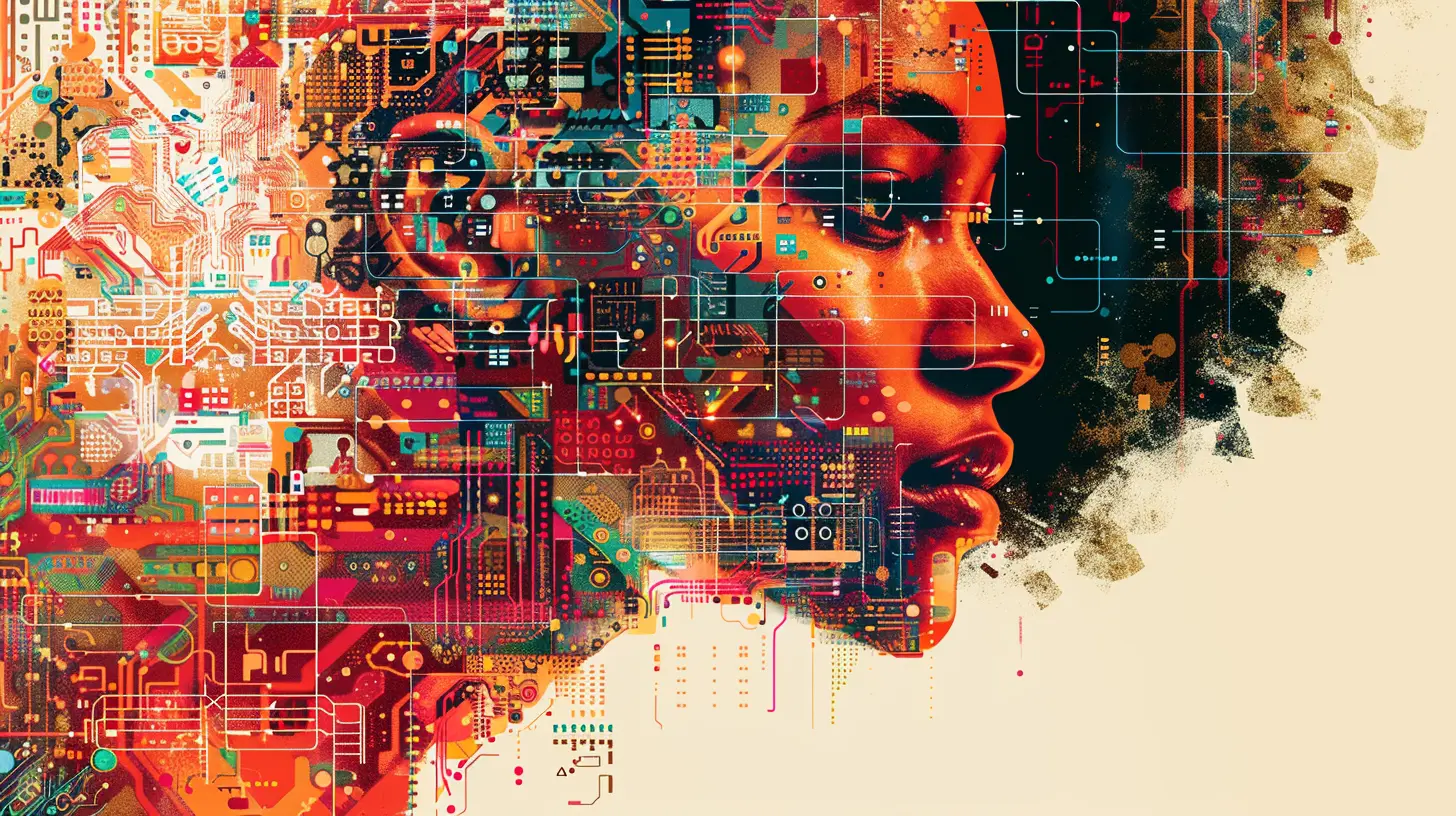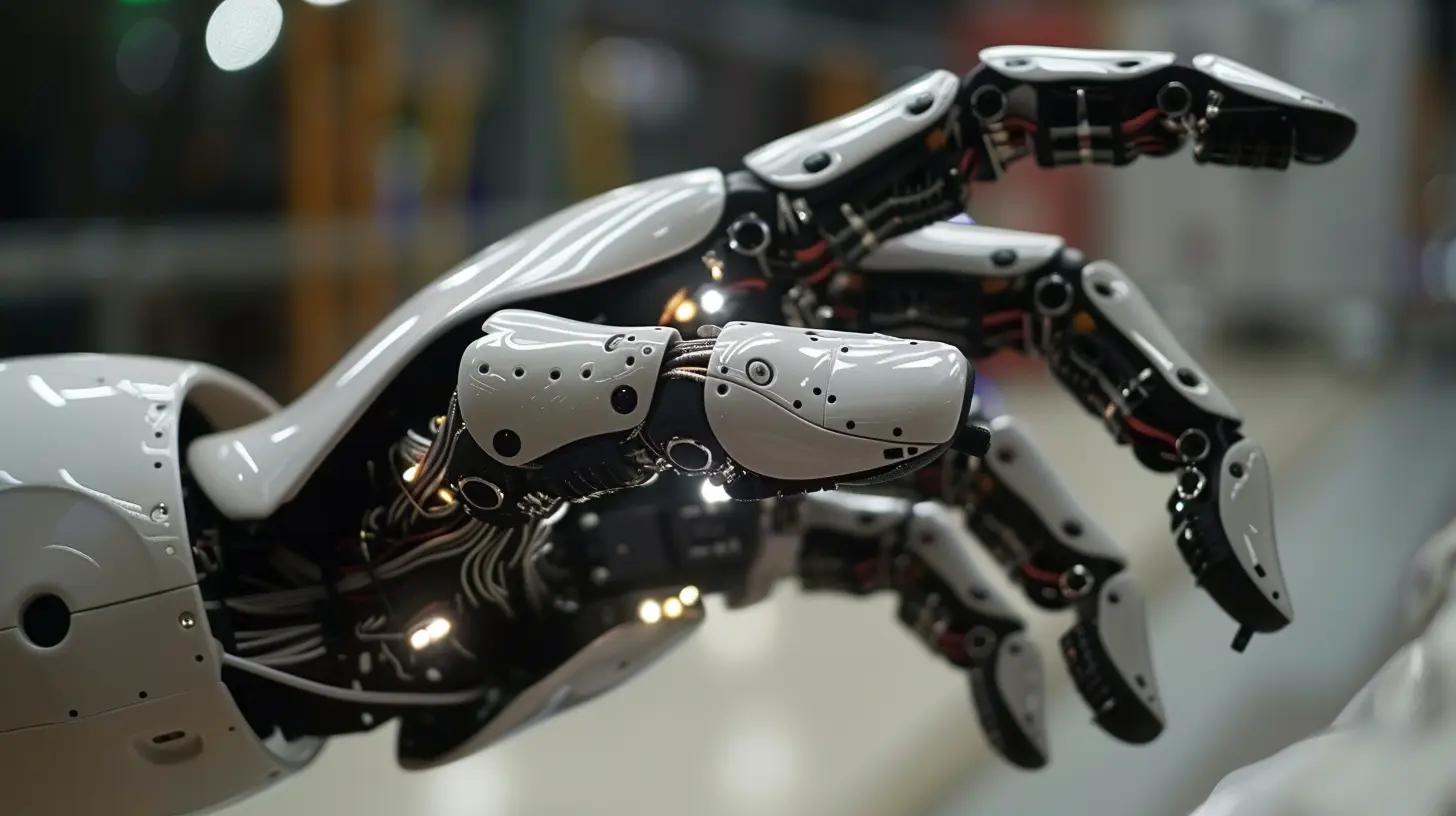The Global Impact of AI: Ethical Considerations Across Cultures
29 July 2025
Artificial Intelligence (AI) is one of the most transformative technologies of our time. From self-driving cars to smart assistants like Siri and Alexa, AI is slowly weaving itself into the fabric of our daily lives. It’s reshaping industries, redefining productivity, and even changing the way we interact with the world. But as we embrace the benefits of AI, we can’t ignore the elephant in the room: the ethical complexities that come with it.
What’s even more fascinating is that these ethical issues aren’t the same everywhere. AI impacts people differently in various parts of the world, and what’s considered "acceptable" in one culture may be a serious moral dilemma in another. Let’s dive into the global impact of AI and explore the ethical considerations that span across different cultures.

The Rise of AI and Its Global Footprint
Before we get into the nitty-gritty of the ethical stuff, let’s take a step back. AI isn’t just a tech trend; it’s a revolution. It’s being used in healthcare to predict disease outbreaks, in finance to detect fraud, and even in agriculture to optimize crop yield. AI’s applications are endless, and its potential is mind-boggling. But with great power comes great responsibility, right? As AI continues to grow, it’s crucial that we start thinking about the ethical implications on a global scale.Cultural Differences in AI Ethics
Here’s the thing: ethics aren’t universal. What’s considered ethical in one culture might be seen as completely off-limits in another. This is especially true when it comes to AI. Different countries have different views on data privacy, surveillance, and even the role of AI in decision-making.For example, in Western countries, especially in the U.S. and Europe, individual privacy is often regarded as a fundamental right. People are highly sensitive about how their personal data is used, and there’s a lot of skepticism about AI systems that could infringe on that privacy. On the other hand, in countries like China, there’s a more collective approach to privacy, and people may be more willing to sacrifice individual privacy for the sake of societal benefits, like improved security.
As AI spreads its tentacles across the globe, these cultural differences in ethical values become more important than ever. We can’t apply a one-size-fits-all ethical framework to something as complex and far-reaching as AI.

Key Ethical Considerations in AI
Now, let’s get into the meat of the matter. What are some of the key ethical issues we need to think about as AI becomes more ubiquitous? Spoiler alert: There’s a lot to unpack here.1. Data Privacy and Surveillance
Perhaps the most obvious ethical issue with AI is data privacy. AI systems often rely on massive amounts of data to function effectively. Whether it’s your browsing history, your location, or your health records, AI needs access to a lot of personal information. And this leads to a very important question: Who controls that data?In Europe, the General Data Protection Regulation (GDPR) has put strict limitations on how companies can collect and use personal data. The idea is to protect individual privacy and give people more control over their own information. But not all countries have such stringent regulations. In fact, in some places, companies and governments have much more freedom to collect and use personal data without much oversight.
This raises a huge ethical dilemma: Should AI be allowed to use personal data without explicit consent? And if so, under what conditions? The answers to these questions vary widely depending on cultural attitudes towards privacy and surveillance.
2. Bias in AI Algorithms
Another significant issue is bias in AI algorithms. AI systems aren’t perfect—they’re only as good as the data they’re trained on. If the training data is biased, the AI system will be biased too. This can lead to discriminatory practices in things like hiring, law enforcement, and even healthcare.For example, facial recognition systems have been shown to be less accurate when identifying people with darker skin tones. This is because the systems are often trained on datasets that are predominantly made up of images of lighter-skinned individuals. This kind of bias can have serious real-world consequences, particularly in countries with diverse populations.
Different cultures have different ways of addressing bias and discrimination. In some countries, there’s a strong emphasis on creating inclusive systems that work for everyone. In others, the focus might be more on efficiency and performance, even if that means some groups are left out.
3. Accountability and Transparency
Who’s responsible when AI goes wrong? That’s another major ethical question. If an AI-powered self-driving car causes an accident, who’s to blame? The manufacturer? The software developer? The car owner?In some cultures, there’s a strong emphasis on individual accountability. In others, the focus is more on collective responsibility. This can lead to very different approaches to AI regulation and governance. In Western countries, there’s a growing push for more transparency in AI systems, so that people can understand how decisions are being made. In contrast, other countries may prioritize efficiency and innovation over transparency.
4. Job Displacement and Economic Inequality
AI is going to change the job market—there’s no doubt about that. Some jobs will disappear, while new ones will be created. But the transition isn’t going to be smooth for everyone. In fact, there’s a real risk that AI could exacerbate economic inequality, both within countries and between them.In developed countries, there’s a lot of talk about reskilling workers and preparing them for the "jobs of the future." But in developing countries, where access to education and training may be more limited, the impact of AI-driven job displacement could be much more severe.
This raises important ethical questions about fairness and equality. Should AI be designed in a way that minimizes job displacement? And how can we ensure that the benefits of AI are shared more equally around the world?

The Role of Governments and International Organizations
So, who’s responsible for making sure that AI is developed and used ethically? It’s not just up to tech companies. Governments and international organizations have a crucial role to play as well.In recent years, we’ve seen a growing number of initiatives aimed at creating ethical guidelines for AI. The European Union, for example, has published a set of ethical guidelines for trustworthy AI, which emphasize principles like transparency, accountability, and fairness. Similarly, the United Nations has called for a global conversation about the ethical implications of AI, particularly in relation to human rights.
But here’s where it gets tricky: Different countries have different priorities, and not everyone agrees on what constitutes "ethical" AI. Some countries may prioritize innovation and economic growth over privacy and transparency, while others may take a more cautious approach. This makes it difficult to create a unified global framework for AI ethics.
Cultural Influence on Policy
Policy frameworks for AI are largely influenced by the cultural context in which they are created. In democratic nations, there’s often a strong emphasis on human rights and civil liberties, which shapes the way AI is regulated. In more authoritarian regimes, governments may prioritize control and security, leading to policies that allow for extensive surveillance and data collection.This cultural divergence is one of the biggest challenges to creating global AI ethics standards. What works in one part of the world may not be acceptable in another, and trying to impose a single set of guidelines on everyone could lead to conflict and resistance.

The Way Forward: A Global Ethical Dialogue
So, what’s the solution? How do we create a world where AI is both beneficial and ethical, regardless of cultural differences? The answer lies in dialogue. We need a global conversation that includes voices from all parts of the world, not just from tech hubs like Silicon Valley or regulatory bodies in Europe.This conversation needs to be inclusive, taking into account the unique cultural, social, and economic contexts of different countries. It also needs to be flexible, allowing for different approaches to AI ethics that reflect the diverse values of people around the world.
At the end of the day, AI is a tool. It’s not inherently good or bad—it all depends on how we use it. By fostering a global conversation about the ethical implications of AI, we can ensure that this powerful technology benefits everyone, not just a select few.
all images in this post were generated using AI tools
Category:
Ai EthicsAuthor:

Ugo Coleman
Discussion
rate this article
1 comments
Jolene Wyatt
Embracing AI ethically can unite cultures and drive positive global change for a brighter future!
July 31, 2025 at 4:18 AM

Ugo Coleman
Thank you for your insightful comment! Embracing AI ethically indeed has the potential to foster cross-cultural unity and drive meaningful change worldwide.


